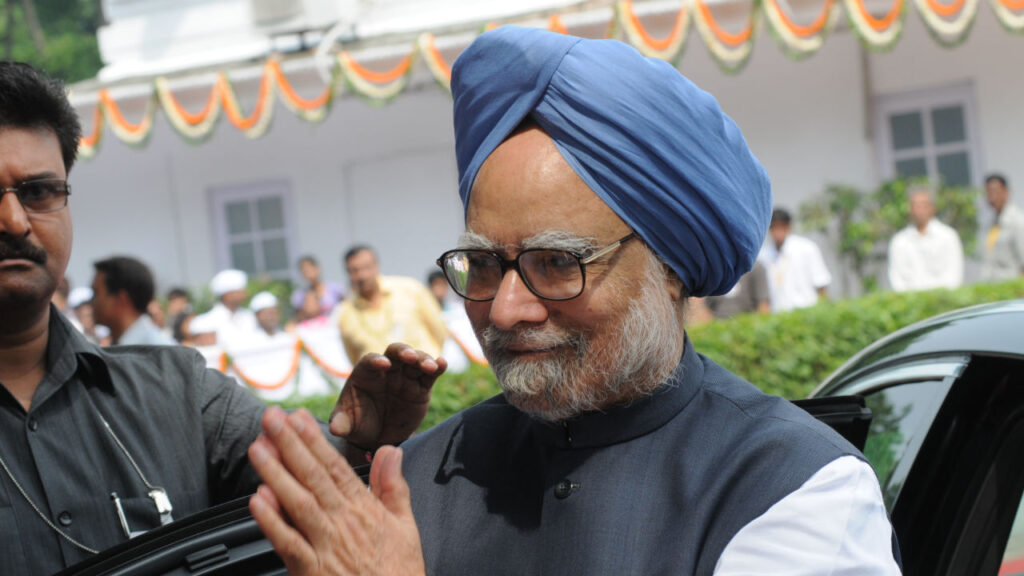Manmohan Singh, celebrated for his transformational role in revitalizing India’s economy, holds a notable place in the annals of Indian finance and trade. It is indeed fitting that he comes from a lineage associated with commerce; his father was an importer based in Peshawar, engaged in the lucrative business of bringing dry fruits and spices from Afghanistan to India. This early exposure to international trade likely instilled in him a keen understanding of its importance and potential. As a schoolboy, it is recorded that he would often carry almonds and raisins in his pockets, a sweet taste of the fruits of exchange that perhaps foreshadowed his future dedication to trade and economic reform. These formative experiences underlined his appreciation of cross-border transactions from a young age.
In 1991, Singh took on a pivotal role in India’s economic landscape when he became the Finance Minister. This period marked a significant turning point for the country, characterized by major policy shifts aimed at liberalizing the economy. India was grappling with a dire financial crisis, struggling under the weight of economic stagnation and a ballooning fiscal deficit. Singh’s introduction of reforms to liberalize the economy, deregulate industries, and encourage foreign investment laid the foundation for India’s rapid growth in the subsequent decades. His actions were not without challenges; Singh encountered formidable resistance from various political factions and vested interests. Yet, his steadfast commitment to economic liberalization proved instrumental in overcoming these hurdles.
Singh’s strategic decisions led to the dismantling of outdated and complex regulations that hindered trade and industrial growth. The liberalization measures he championed included the removal of import quotas, the devaluation of the rupee, and a shift from a heavily regulated economy to one more open to trade and international competition. These reforms energized Indian businesses by opening new markets and opportunities, allowing them to flourish in a more globalized economic climate. The impacts were profound, as India transitioned from a slow-paced economy to one that witnessed unprecedented growth rates.
Singh’s initiatives brought about a renaissance in Indian industry, which was previously shackled by bureaucratic red tape and protectionist policies. By advocating for foreign investment, he helped attract a wave of multinational corporations eager to capitalize on India’s vast market potential. This influx of investment not only bolstered India’s economic standing globally but also spurred job creation and innovation across various sectors, notably in information technology, pharmaceuticals, and manufacturing.
Moreover, Singh’s vision was not deeply rooted in mere market mechanics; it extended to the broader scope of development, with an emphasis on social equity and poverty alleviation. He understood that economic growth must be inclusive, which necessitated a focus on uplifting marginalized communities. Singh’s policies emphasized not only economic metrics but also development indicators, signaling a commitment to a holistic approach to national progress. This multifaceted view of development is perhaps one of his most enduring legacies.
In conclusion, Manmohan Singh’s life story and professional trajectory illustrate the profound impacts one individual can have on an entire nation’s economic landscape. His heritage as the son of an importer provided him with a unique lens through which he viewed the potential of trade and international collaboration. Through his role as Finance Minister and beyond, he initiated pivotal reforms that transformed India’s economy, setting it on a path of liberalization and global integration. Singh’s journey is not just a narrative of economic change; it is a testament to the visionary leadership and determination required to navigate the complexities of national progress in a diverse and dynamic environment. His story continues to resonate, reminding us of the power of commerce and the importance of visionary leadership in driving economic transformation.



